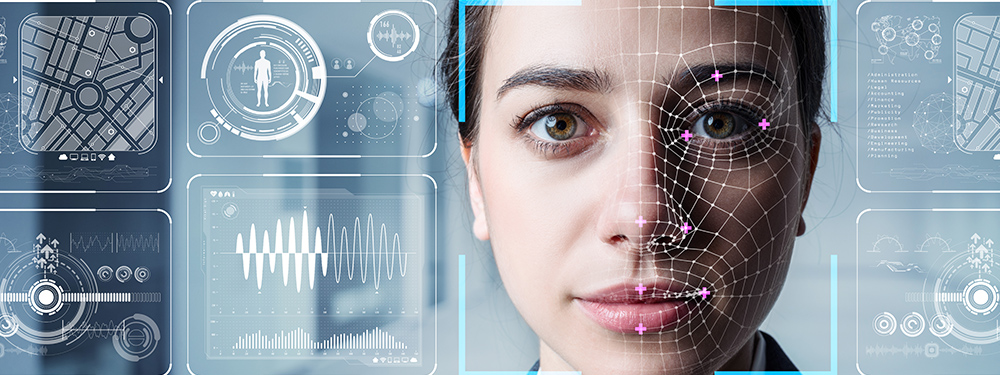After a long dilemma and debate, in early March this year, the Indian Home Ministry has given approval to the automated facial recognition system (AFRS) for the identification of unrecognised bodies, missing children and criminals. There were several legislative and ethical concerns that had clouded the decision yet. Nonetheless once implemented and handled by right authorities under the right regulation, it will a great asset for the police force in our country.
How Facial Recognition works
Our facial features which are a set of data including our eyes, ears, nose, lips and other, comprises a unique set of biometric for each 7.7 billion of us. So how exactly facial recognition works?

Your beard or makeup may fool human eyes but not AFRS. For FR, the system observes distance between the nodal points on your face, like the distance between the eyes and width of your nose. This data then converted into a digital code called your face print.
FR, since it’s development, has tackled many challenges broadly known as A-PIE problem, Ageing, Pose, Illumination, and Emotion. To address these issues 2 D face recognition has evolved into a 3 D system called Deepface. This strengthens facial recognition even when a picture is taken under completely different circumstances.
Conclusion
The accuracy rate in FR is almost perfect and growing better every day with each picture uploaded. There are systems that use stronger algorithms that can take your facial pores as parameters and record their positioning.
Facial recognition is a powerful method of tracking lost people or catch criminals. Then why there are civil rights activists fighting against it? Cause it can track each and every one of us. Take Facebook as an example. It has one of the strongest facial recognition systems since they have the largest dataset. Their FR recognises you in almost every picture of yours and asks if you like to be tagged.
Will there be repercussions of AFRS? Probably yes. But can we do anything to stop or avoid it? Probably not. Best way is to keep yourself updated with the advances in the field and what steps your country legislation is taking to protect your data.
Header Image Credit: analyticsinsight.net
